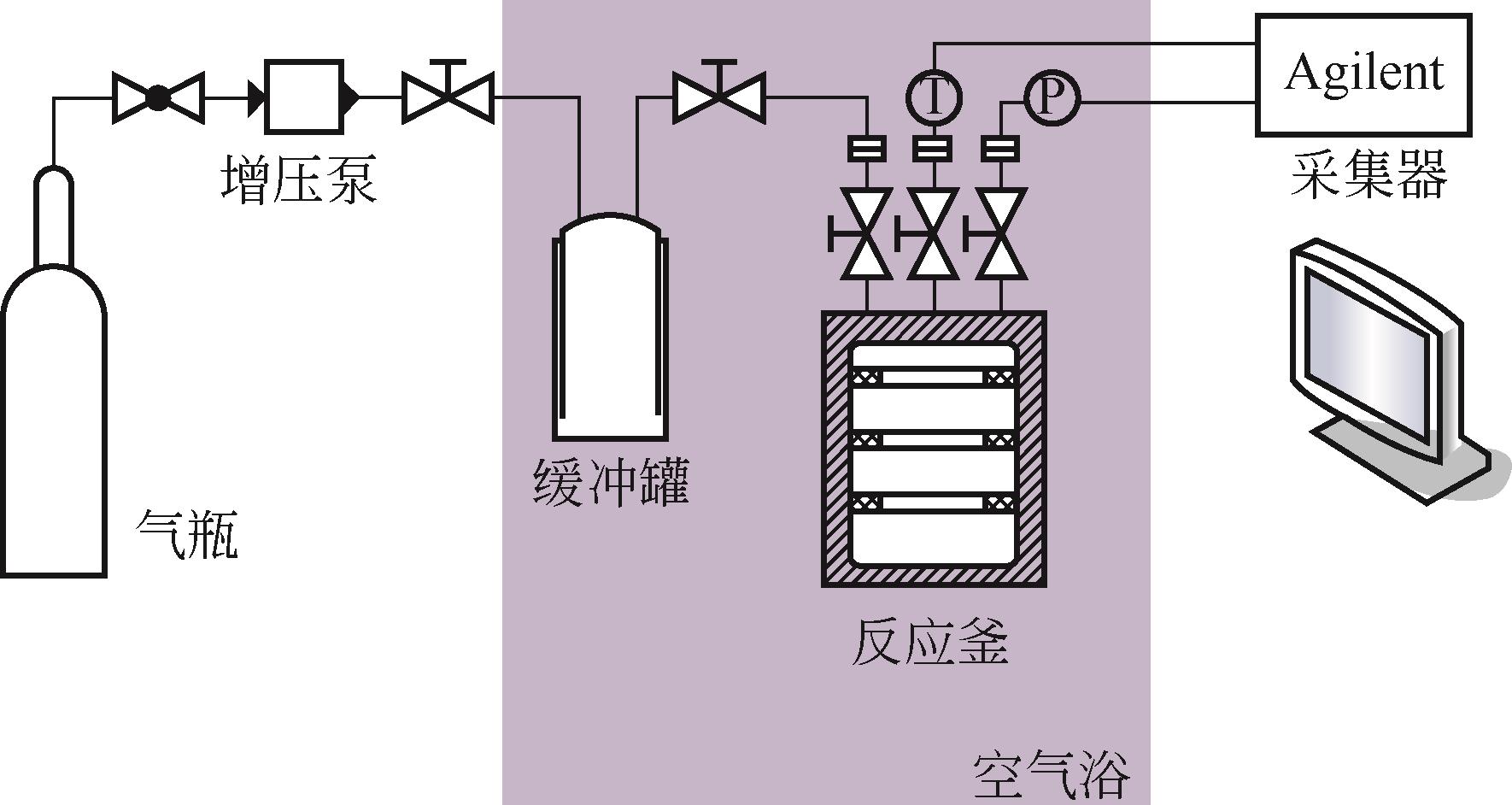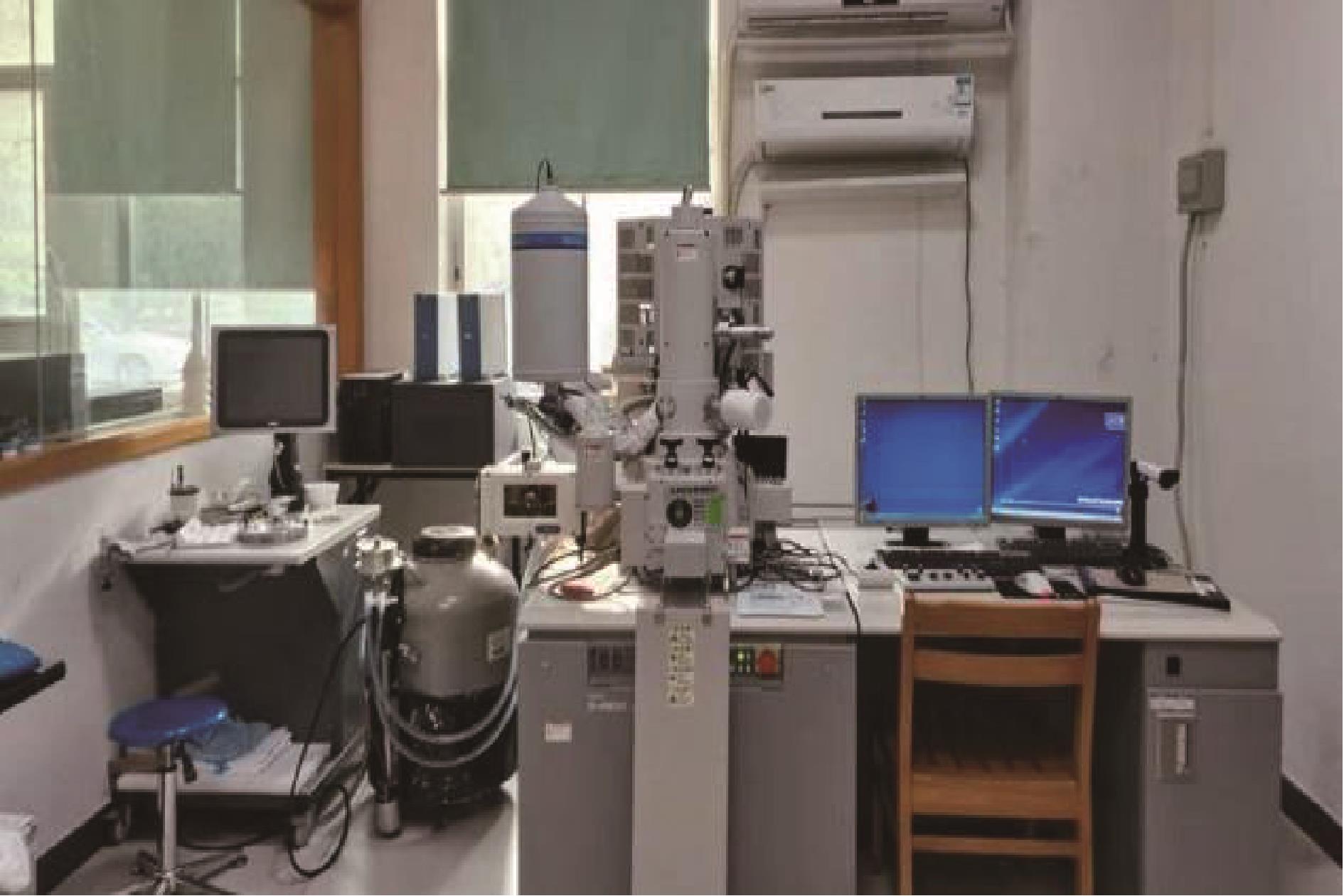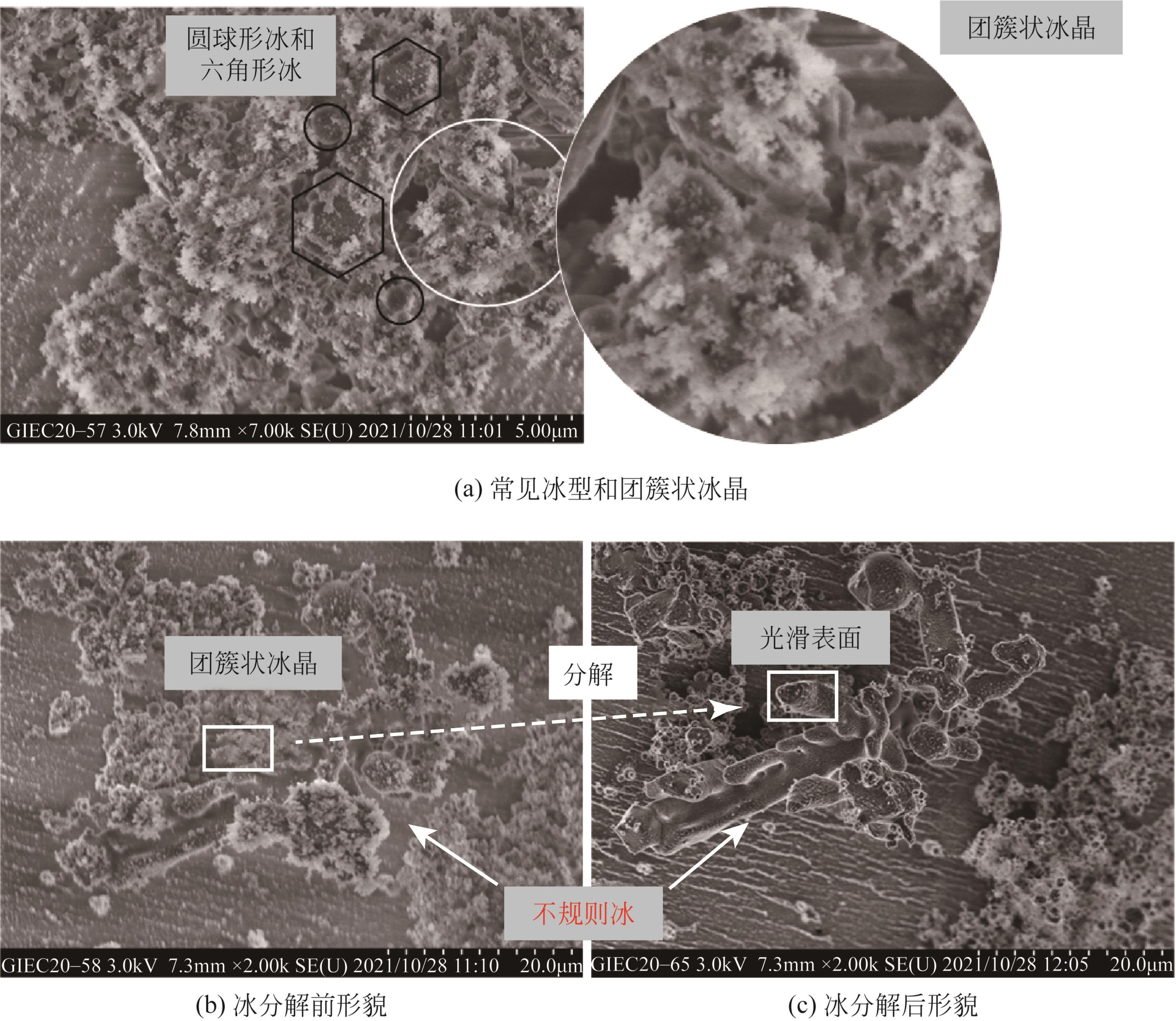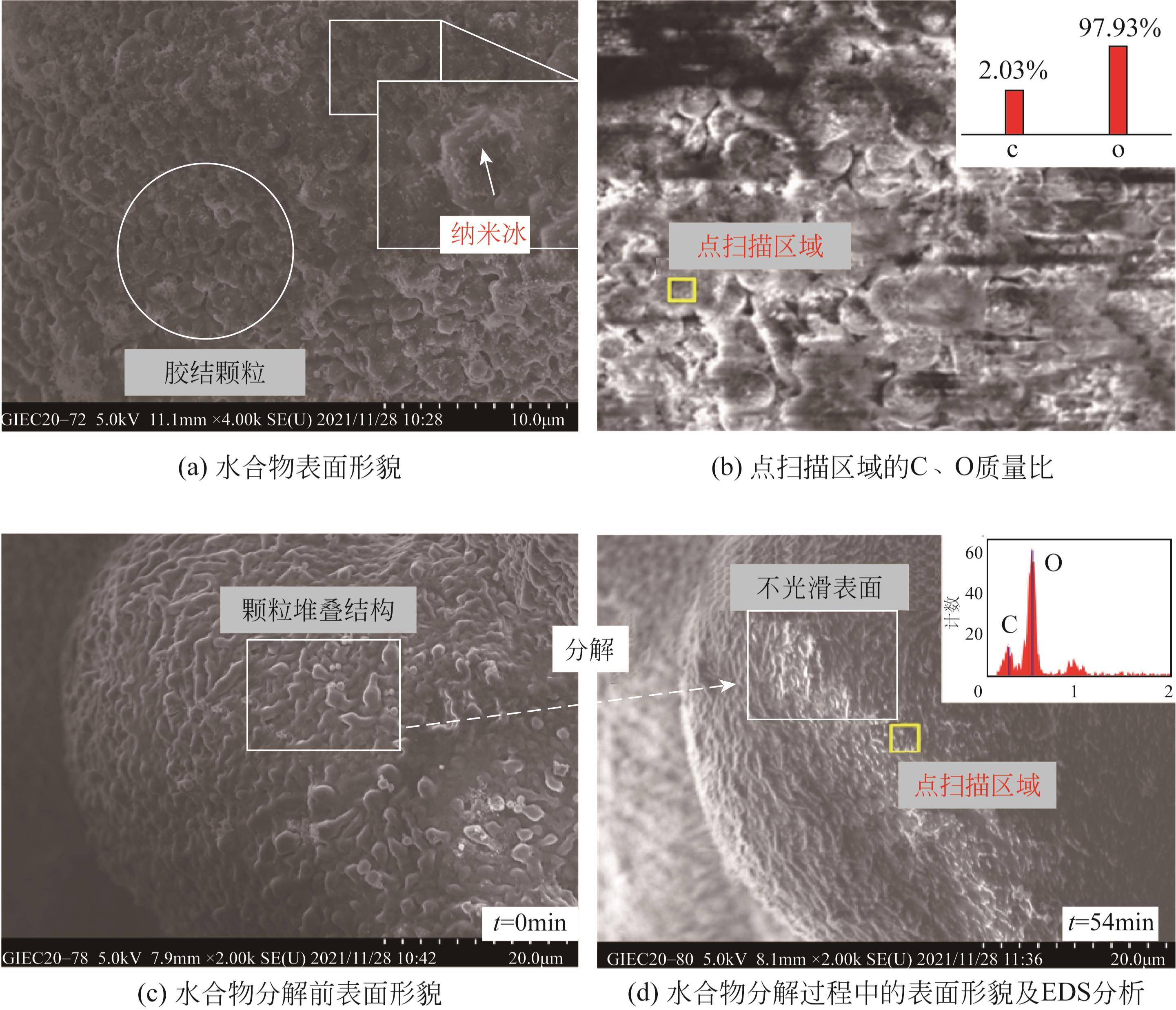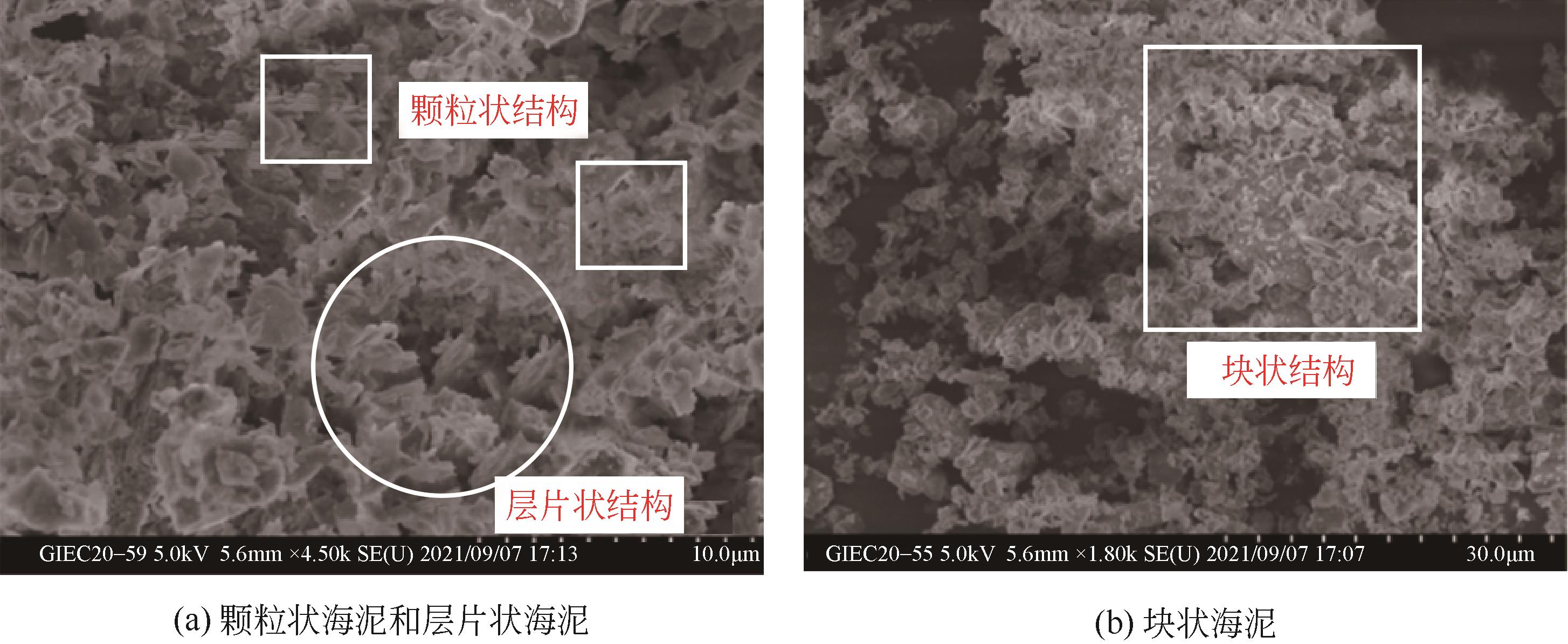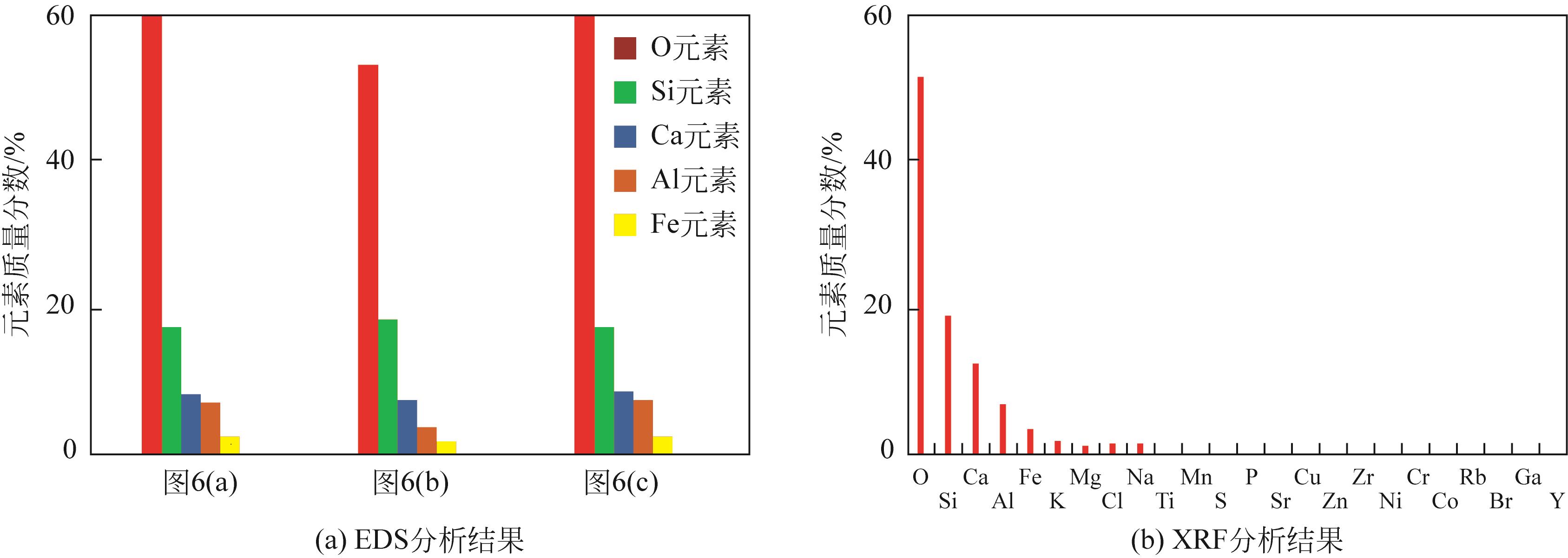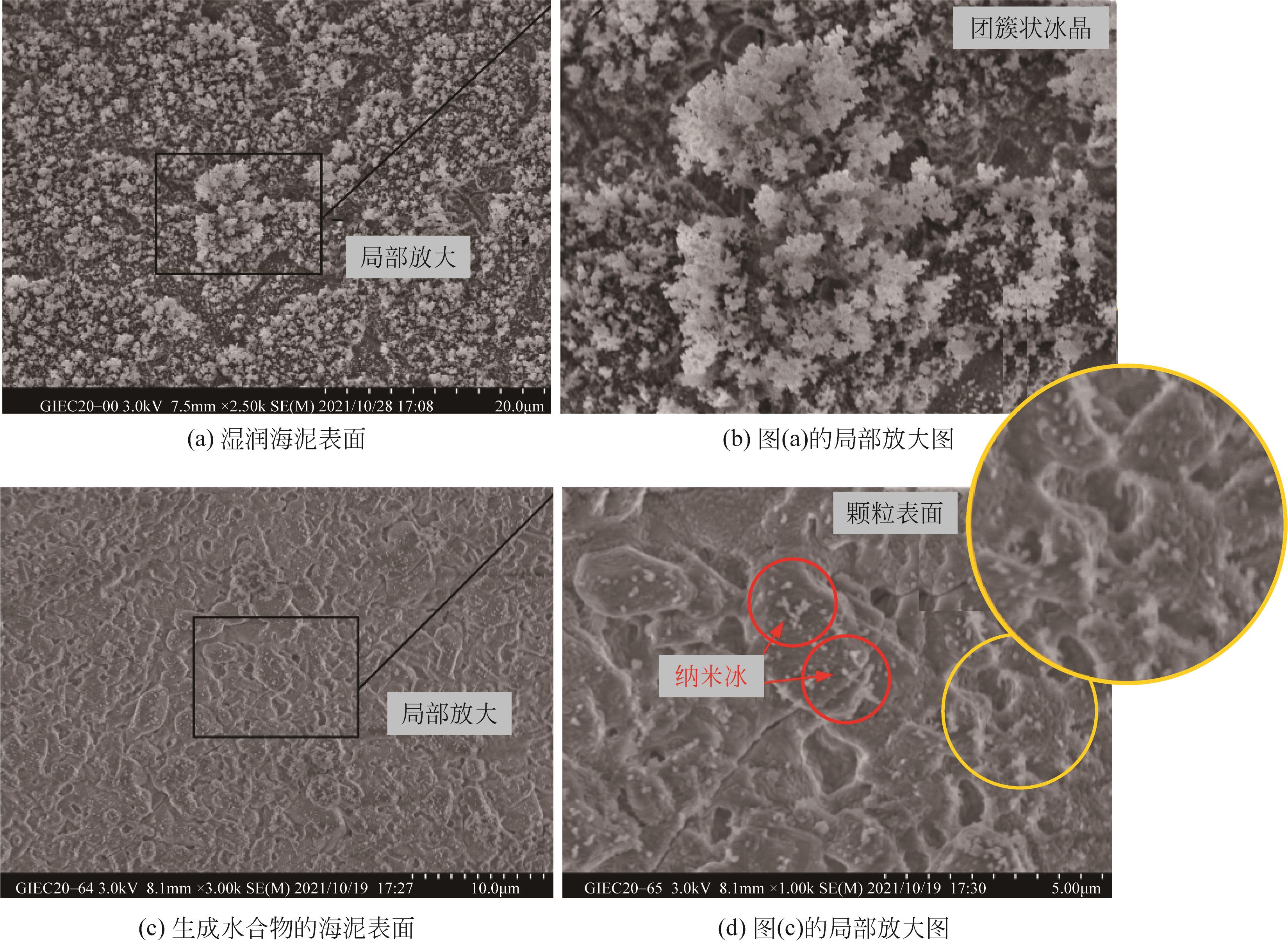| 1 |
张郁, 吴慧杰, 李小森, 等. 多孔介质中甲烷水合物的分解特性[J]. 高等学校化学学报, 2010, 31(9): 1848-1854.
|
|
ZHANG Yu, WU Huijie, LI Xiaosen, et al. Dissociation behavior of methane hydrate in porous media[J]. Chemical Journal of Chinese Universities, 2010, 31(9): 1848-1854.
|
| 2 |
LEI Xin, YAO Yanbin, QIN Xuwen, et al. Pore structure changes induced by hydrate dissociation: An example of the unconsolidated clayey-silty hydrate bearing sediment reservoir in the South China Sea[J]. Marine Geology, 2022, 443: 106689.
|
| 3 |
RUPPEL C, KESSLER J. The interaction of climate change and methane hydrates[J]. Reviews of Geophysics, 2017, 55(1): 126-168.
|
| 4 |
MA Xiaolong, JIANG Dandan, FANG Xiaoyu, et al. Numerical simulation of single-cluster and multi-cluster fracturing of hydrate reservoir based on cohesive element[J]. Engineering Fracture Mechanics, 2022, 265: 108365.
|
| 5 |
罗敏, 王宏斌, 杨胜雄, 等. 南海天然气水合物研究进展[J]. 矿物岩石地球化学通报, 2013, 32(1): 56-69.
|
|
LUO Min, WANG Hongbin, YANG Shengxiong, et al. Research advancement of natural gas hydrate in South China Sea[J]. Bulletin of Mineralogy,Petrology and Geochemistry, 2013, 32(1): 56-69.
|
| 6 |
WANG Yi, FENG Jingchun, LI Xiaosen, et al. Pilot-scale experimental evaluation of gas recovery from methane hydrate using cycling-depressurization scheme[J]. Energy, 2018, 160: 835-844.
|
| 7 |
WANG Yi, FENG Jingchun, LI Xiaosen, et al. Experimental investigation of optimization of well spacing for gas recovery from methane hydrate reservoir in sandy sediment by heat stimulation[J]. Applied Energy, 2017, 207: 562-572.
|
| 8 |
PENG Li, NING Fulong, LI Wei, et al. Investigation on the effect of growth temperature and contact interface on surface characteristics of THF clathrate hydrates by atomic force microscopy[J]. Scientia Sinica Physica, Mechanica & Astronomica, 2019, 49(3): 034612.
|
| 9 |
张永超, 刘昌岭, 吴能友, 等. 含水合物沉积物孔隙结构特征与微观渗流模拟研究[J]. 海洋地质前沿, 2020, 36(9): 23-33.
|
|
ZHANG Yongchao, LIU Changling, WU Nengyou, et al. Advances in the pore-structure characteristics and microscopic seepage numerical simulation of the hydrate-bearing sediments[J]. Marine Geology Frontiers, 2020, 36(9): 23-33.
|
| 10 |
徐则林, 徐纯刚, 陈浩, 等. 甲烷水合物在石英粉砂中的微观赋存特征[J]. 中南大学学报(自然科学版), 2022, 53(3): 810-819.
|
|
XU Zelin, XU Chungang, CHEN Hao, et al. Micromorphology characteristics of methane hydrates in fine quartz sands[J]. Journal of Central South University(Science and Technology), 2022, 53(3): 810-819.
|
| 11 |
PANDEY Jyoti Shanker, ALMENNINGEN Stian, VON SOLMS Nicolas, et al. Pore-scale visualization of CH4 gas hydrate dissociation under permafrost conditions[J]. Energy & Fuels, 2021, 35(2): 1178-1196.
|
| 12 |
ZHANG Lunxiang, SUN Mingrui, SUN Lingjie, et al. In-situ observation for natural gas hydrate in porous medium: Water performance and formation characteristic[J]. Magnetic Resonance Imaging, 2020, 65: 166-174.
|
| 13 |
KOU Xuan, LI Xiaosen, WANG Yi, et al. Effects of gas occurrence pattern on distribution and morphology characteristics of gas hydrates in porous media[J]. Energy, 2021, 226: 120401.
|
| 14 |
罗建国, 李刚, 吕秋楠, 等. 四氢呋喃水合物在玻璃珠中的微观赋存[J]. 化工进展, 2020, 39(S1): 123-132.
|
|
LUO Jianguo, LI Gang, Qiunan LYU, et al. Tetrahydrofuran(THF) hydrate microscopic occurrence in glass beads[J]. Chemical Industry and Engineering Progress, 2020, 39(S1): 123-132.
|
| 15 |
KLAPP Stephan A, BOHRMANN Gerhard, KUHS Werner F, et al. Microstructures of structure Ⅰ and Ⅱ gas hydrates from the Gulf of Mexico[J]. Marine and Petroleum Geology, 2010, 27(1): 116-125.
|
| 16 |
SUN Jianye, LI Chengfeng, HAO Xiluo, et al. Study of the surface morphology of gas hydrate[J]. Journal of Ocean University of China, 2020, 19(2): 331-338.
|
| 17 |
CHEN Hao, XU Zelin, YAN Kefeng, et al. Formation and dissociation characteristics of methane hydrate and distribution of ions in montmorillonite contained saline solution[J]. The Chinese Journal of Process Engineering, 2022, 22(1): 118-126.
|
| 18 |
STAYKOVA Doroteya K, KUHS Werner F, SALAMATIN Andrey N, et al. Formation of porous gas hydrates from ice powders: Diffraction experiments and multistage model[J]. The Journal of Physical Chemistry B, 2003, 107(37): 10299-10311.
|
| 19 |
MEREY Sukru. Drilling of gas hydrate reservoirs[J]. Journal of Natural Gas Science and Engineering, 2016, 35: 1167-1179.
|
| 20 |
MILLOT Marius, COPPARI Federica, Ryan RYGG J, et al. Nanosecond X-ray diffraction of shock-compressed superionic water ice[J]. Nature, 2019, 569(7755): 251-255.
|
| 21 |
Thorsten BARTELS-RAUSCH, BERGERON Vance, CARTWRIGHT Julyan H E, et al. Ice structures, patterns, and processes: A view across the icefields[J]. Reviews of Modern Physics, 2012, 84(2): 885-944.
|
| 22 |
KHURANA Maninder, YIN Zhenyuan, LINGA Praveen. A review of clathrate hydrate nucleation[J]. ACS Sustainable Chemistry & Engineering, 2017, 5(12): 11176-11203.
|
| 23 |
INKONG Katipot, YODPETCH Viphada, KULPRATHIPANJA Santi, et al. Influences of different co-promoters on the mixed methane hydrate formation with salt water at moderate conditions[J]. Fuel, 2022, 316: 123215.
|
| 24 |
寇璇, 王屹, 李小森. 多孔介质中气体水合物孔隙尺度分布特征[J]. 工程热物理学报, 2020, 41(11): 2658-2661.
|
|
KOU Xuan, WANG Yi, LI Xiaosen. Pore-scale distribution characteristics of gas hydrate in porous media[J]. Journal of Engineering Thermophysics, 2020, 41(11): 2658-2661.
|
| 25 |
张鹏, 吴青柏, 王英梅. 饱和粗砂、粉土内甲烷水合物形成与分解过程中的水分迁移规律[J]. 地球物理学报, 2011, 54(4): 1071-1078.
|
|
ZHANG Peng, WU Qingbai, WANG Yingmei. Water transfer rules during methane hydrate formation and dissociation inside saturated coarse sand and loess[J]. Chinese Journal of Geophysics, 2011, 54(4): 1071-1078.
|
| 26 |
ZHENG Jianan, JIANG Lanlan, WANG Pengfei, et al. MRI observation of CO2-C3H8 hydrate-induced water migration in glass sand[J]. Chemical Engineering Science, 2019, 207: 1096-1106.
|
 ), 吕秋楠1,2,3(
), 吕秋楠1,2,3( ), 李刚1,2,3, 李小森1,2,3(
), 李刚1,2,3, 李小森1,2,3( ), 莫家媚1,2,3
), 莫家媚1,2,3
 ), LYU Qiunan1,2,3(
), LYU Qiunan1,2,3( ), LI Gang1,2,3, LI Xiaosen1,2,3(
), LI Gang1,2,3, LI Xiaosen1,2,3( ), MO Jiamei1,2,3
), MO Jiamei1,2,3
